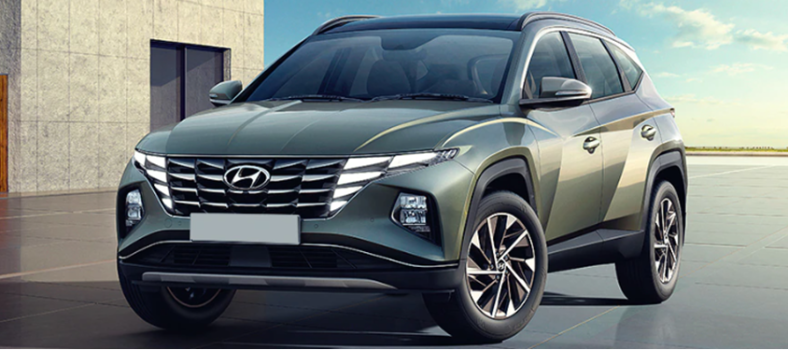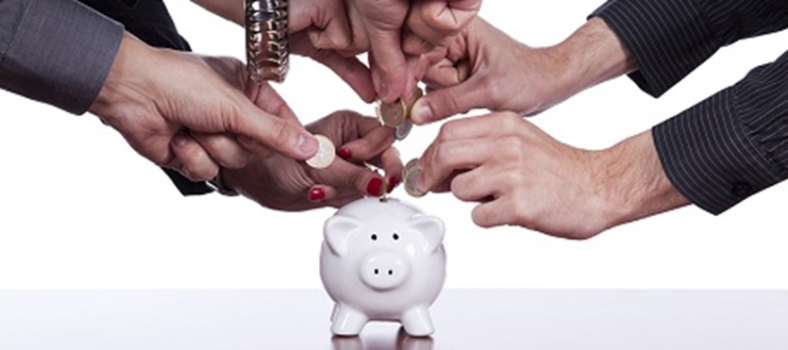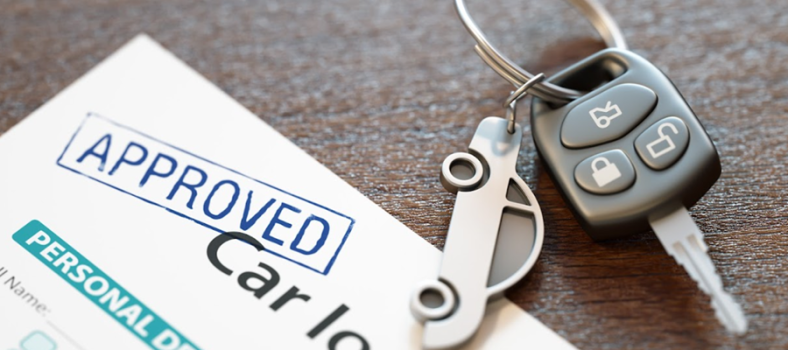Money Saving Tips when Buying a Used Car
Buying a brand new car gives a certain thrill, but it may not always be the most financial sound decision. A new car depreciates in value by as much as 40% during its first year on the road, with a whopping 20% coming off the second it drives off the lot.
In many cases, purchasing a slightly used car can give you the same features that you desire at a far lower price. Yet there’s a great deal of variety within the used car market, so to get the best value for your money you’ll want to keep the following tips in mind before you buy.
Research Different Makes and Models
The right used car for you will depend on what you plan to use it for. For example, if you plan to put a lot of mileage on it during long commutes; you’ll want a fuel efficient engine and comfortable interior. Something like a Volkswagen Golf or even a hybrid Toyota Prius may be a good option in this case. On the other hand, if you want a family car, you would need something with more than five seats with a high safety rating. In this case, you’d want to start your search looking at large sedans and SUVs from reliable companies like Volvo or Ford at Carsales. Be sure to look at running costs as you do your preliminary research, as some models may incur far higher tax or insurance costs than others.
Set a Realistic Budget
With a basic idea of the type of car you need, you can then start determining what you can afford. You can use online pricing guides to see what’s out there and which models will fit within your budget. If you have savings, it’s always best to pay for a used car with cash. This allows you to avoid interest fees, and may even yield a discount. If you need to arrange financing, consider taking out a personal loan or using a credit card rather than going through the dealership, which will charge a higher fee.
Gather Information
Once you have narrowed down your options to a few top contenders, it’s time to pay them a visit. You’ll need to get as much information as possible about the car, including its service history and identity. Ask for identifying paperwork when you see the car, and give it a close look to assess its condition. Be sure to visit the car in the daytime, when there is enough visibility to check it for dents, scratches, rust, or other signs of wear and tear. You’ll want to test all of the electronic devices and give it a test drive, listening for odd rattling sounds or clunking noises. If you’re unsure about the car at all, ask to have it looked at by a mechanic for a full report before you commit to a purchase.
Haggle for a Better Price
A good rule of thumb for purchasing a used car is to never pay the asking price. Most sellers price their car higher than what they expect to receive for it, because they expect the buyer to do a bit of bargaining. Using the information you’ve gleaned from a test drive and background check on the vehicle, try to talk the price down, offering a lower price than what you’d like to pay at first. Eventually, you should be able to meet in the middle and settle on a price that suits both buyer and seller.
Image courtesy of foto76 / FreeDigitalPhotos.net






2 Comments
Buying used car is a good idea to save money with become an owner of car. A good research and gathering information can help to save some money on car buying.
Buying a used car is not a worst decision a well-kept car will always be faithful with you whenever you drive it . The above tips are so much helpful to get good relief on your pocket with a nice car deal .